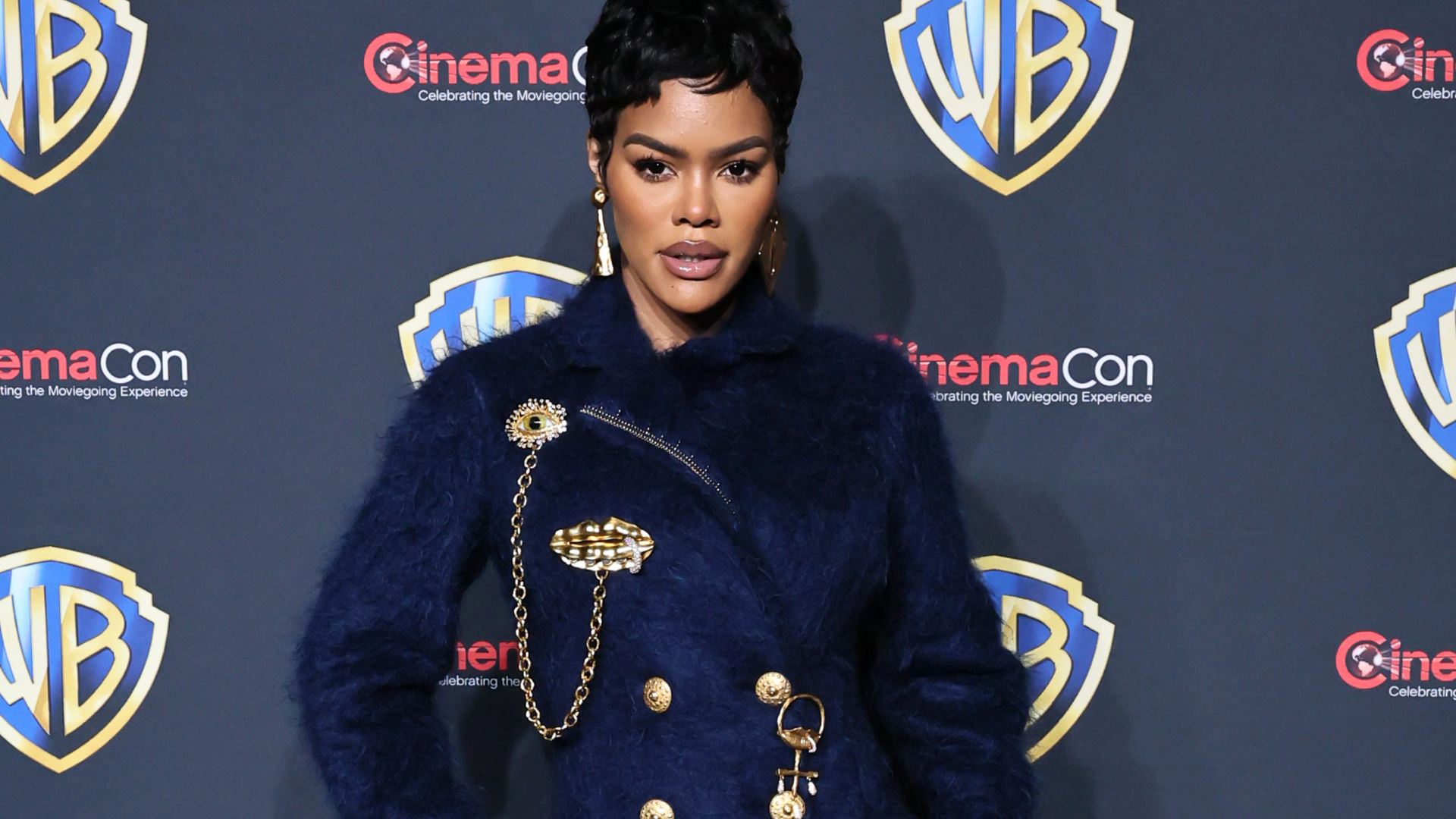
In 2020, following the death of George Floyd, there was a significant increase in the support of Black-owned businesses as people sought to address systemic racism and promote economic equality. Many lists and directories were created and widely shared online, making it easier for consumers to find and support them. However, just four years later, Black business owners are wondering where all the support has gone.
On Essence Festival’s Soko Mrkt panel “How to Support Black-Owned Businesses in Retail,” moderated by Latoya Stirrup, Retail While Black founder Marissa Kearney, Hustle & Hope CEO Ashley Sutton, and Boyd Cru Wines co-owner Jon’ll Boyd shared three practical ways to support Black-owned businesses in retail: shop, educate, and use word of mouth.
Shop Black-Owned
“The biggest and most obvious thing is to shop. Shop Black-owned brands at all these stores. It’s great to have a ‘yes queen’ and a like on a post but take that to the counter. Use your dollars to support at the actual retail stores,” emphasized Sutton. “It is extremely challenging not only to get into retail but also to stay in retail.” Hence the reason Boyd urged festivalgoers to shop Black all year round. “It’s really important for sustainability,” said Boyd.
Educate Consumers
“I think for us, it’s education,” said Boyd. “It’s educating our consumers and letting them know how much it takes for us to get into retail and then to stay there.” There’s a common misunderstanding that once you’ve made it onto the shelves, everything is smooth sailing like you’re instantly successful. But Boyd notes, in reality, it’s an ongoing effort.
Use Word Of Mouth
Kearney, a Florida native, struggled to find Black-owned brands in her area. This led her to seek them out and promote them on her platforms, @TargetWhileBlack and @RetailWhileBlack on Instagram and TikTok. “The impact was substantial. Products were selling off the shelves, and people were going back, returning to buy.”
The power of word of mouth has also been significant for Boyd Cru Wines. By leveraging various platforms, including local media, bloggers, and news stations, the company witnessed substantial growth, as evidenced by a rapid increase from 3,000 to 32,000 followers on social media, largely attributed to local media outreach. “We are a very community impact-driven company. So we knew spreading the word through our local channels, local media, and local journalists and things like that, how impactful that could be,” said Boyd.
Actively participating in these efforts can ensure the continued presence and impact of Black-owned businesses in our communities.




